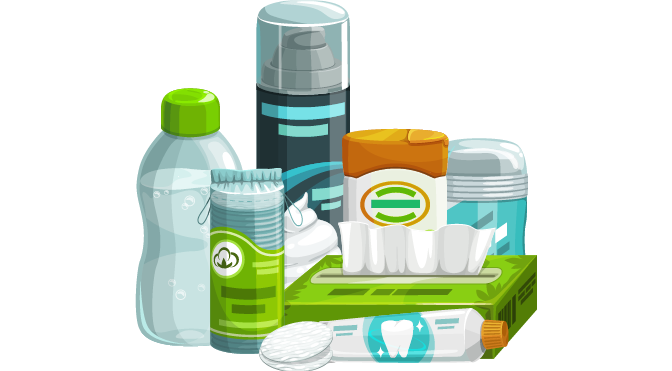Puberty

Before we start giving advice on how to talk to your child about sex and relationships, some may find it helpful to go back to basics, after all, it's been a long time since most of us thought about puberty. Even after a quick brush-up, it's important to be honest if you don't know the answer to the question; you can find out the correct answer and get back to them or search for the answer together.
Puberty is when a child's body develops into adulthood and reaches sexual maturity. Not all children start puberty at the same age, some may start much earlier or later than others. Most children will usually start between 8 – 14 years old. Some children experience early puberty or delayed puberty, meaning they will begin puberty earlier or later than their peers.
Puberty affects children both physically and emotionally. Hormonal changes can impact both positively and negatively, causing mood swings, including intense emotions of love, happiness, sadness, and rage.
Some signs that your child is going through puberty:

While most children start puberty between the ages of 8-14 years old, some children may start earlier or later.
Early puberty, also called precocious puberty, occurs when a child begins puberty before 8 years old. It is always possible to find the cause, but sometimes can be caused by a genetic disorder, brain damage or abnormalities such as brain tumour or infection, or problems with the ovaries or thyroid gland.
Delayed puberty is when boys have no signs of testicular development by the age of 14 or if a girl has not started to develop breasts by the age of 13 or their periods have not started by the age of 15. It is sometimes not possible to find the causes of delayed puberty and most children will eventually begin puberty. However, in some cases, delayed puberty is caused by a long-term illness, malnutrition, genetic condition, disorder of sexual development, or a problem with the ovaries, testes, thyroid or pituitary gland.
If early or delayed puberty is thought to impact the child emotionally or physically, medication may be given to reduce hormone levels and medically delay or start the onset of puberty. For children experiencing early puberty to an underlined medical condition, treating the underlying causes will usually help delay or start puberty.
Puberty and Trans young people
Puberty is a confusing and difficult time for most young people, but for trans or non-binary people, puberty can be a time of particular distress as their bodies may be developing in a way that conflicts with their preferred gender identity. For further information on gender identity and support groups click here.
Puberty can be a confusing and frightening time for some children. They may need reassurance that what is happening is normal and sometimes need both emotional and practical support, for example:
Please click on each link for further information on each topic: